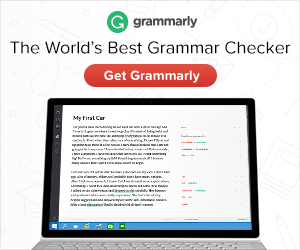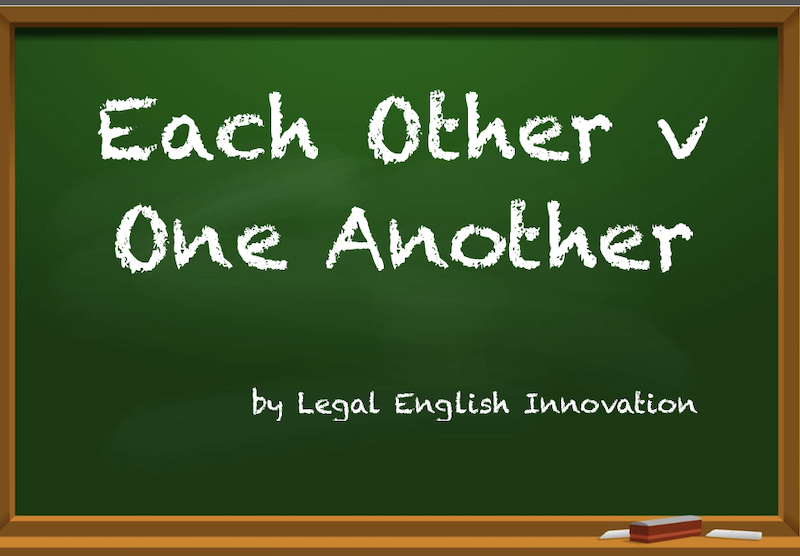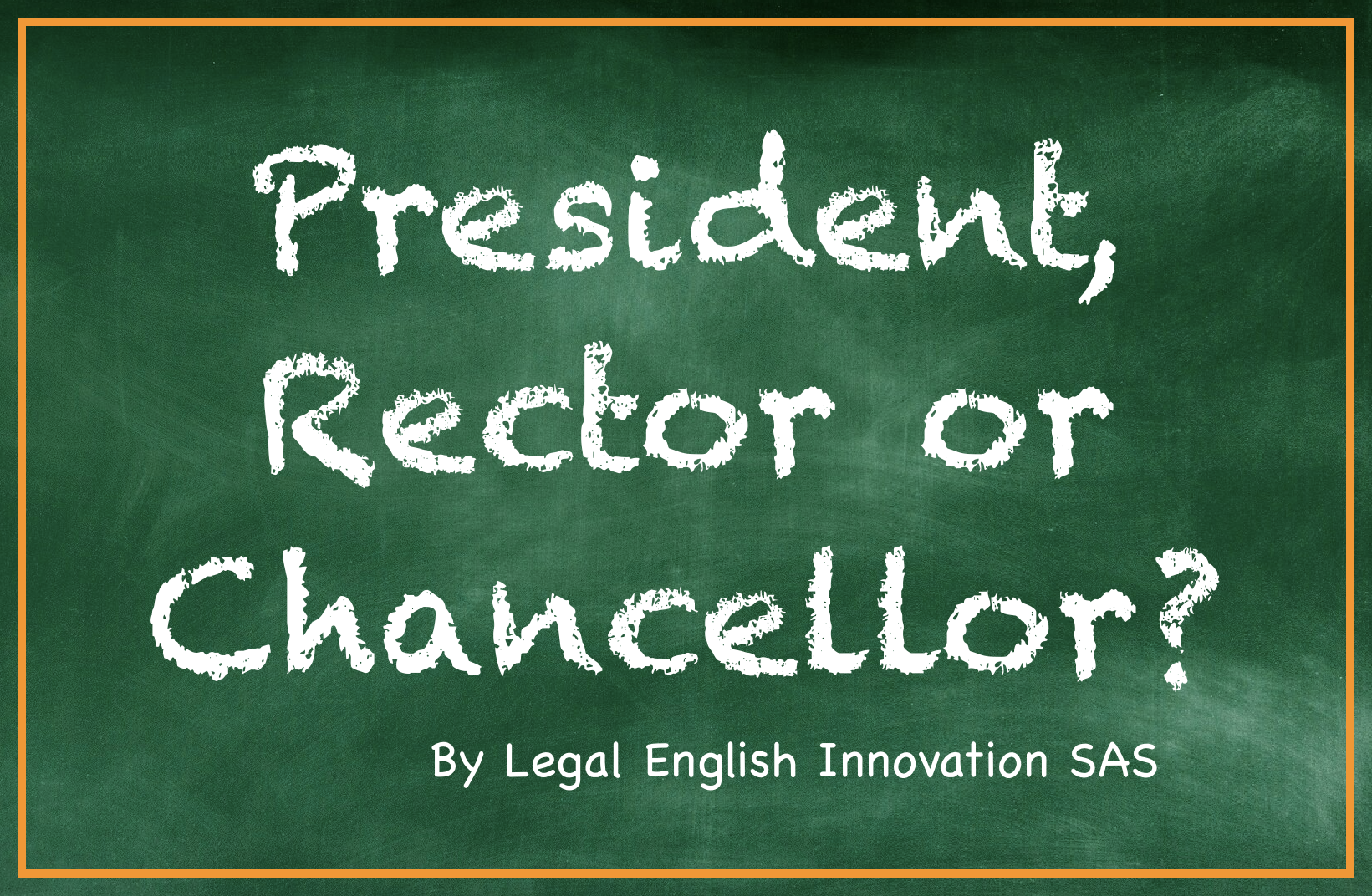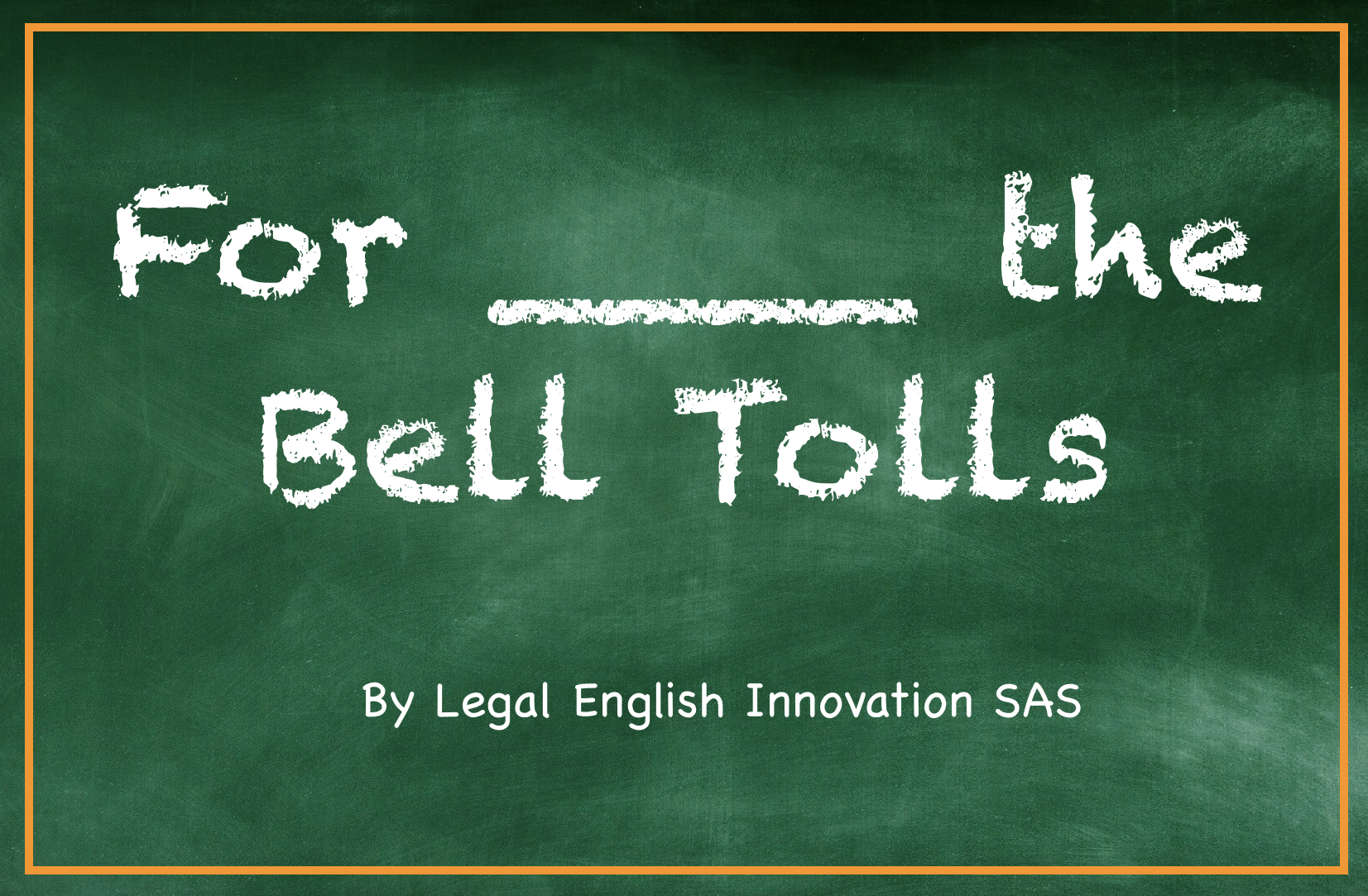Top Legal Grammar Mistakes. Legal English in use.
In life, and often in law, it is not what you say, but how you say it.
Within the environment of the legal world and inside the courtroom, the precise wording of statements can make all the difference. Where one inserts a comma can be the difference between winning and losing a case, and the order in which one structures a sentence can unite a family. Likewise, how one reads the meaning of words is often dependent on who is reading it, as constructions often vary.
A look inside some technical grammar: subject pronouns, object pronouns, restrictive pronouns, relative clauses, adjectives, negative linkers, modal verbs & quantifiers.
Who and Whom
A lot of confusion is created here, but let’s try to simplify it.
“Who” is a subjective pronoun, along with “he,” “she,” “it,” “we,” and “they.” It’s used when the pronoun acts as the subject of a clause.
ex. Who drafted the summons for the hearing?
ex. Please tell me who is the first on the list.
“Whom” is an objective pronoun, along with “him,” “her,” “it”, “us,” and “them.” It’s used when the pronoun acts as the object of a clause. Using “who” or “whom” depends on whether you’re referring to the subject or object of a sentence.
ex. Whom did they summon?
ex. Those are the witnesses whom she called in the trial.
ex. German, whom I call a friend is coming to become an expert witness.
If you are not sure, substitute “who” with the subjective pronouns “he” or “she,” ex., Who loves you? (She loves me.)
Which and That
This is an easy mistake to make.
“That” is a restrictive pronoun. It’s connected to the noun to which it’s referring. ex., I don’t hire people that aren’t qualified. Here, I’m referring to all unqualified people. In other words, I only hire qualified people.
“Which” introduces a relative clause. It allows qualifiers that may not be essential. ex., I recommend you hire only qualified people, which are available in local towns. In this case, you don’t have to go to a specific town to obtain qualified people. “Which” qualifies, “that” restricts.
“Which” is more ambiguous however, and by virtue of its meaning is flexible enough to be used in many restrictive clauses.
Continual and Continuous
They are both adjectives, and they’re similar, but there’s a difference.
“Continual” means something that’s always occurring, with obvious lapses in time.
ex. The continual notices started to collect at the doorway of the business.
ex. The continual phone calls distracted the team from focusing.
“Continuous” means something continues without any stops or gaps in between.
ex. Her continuous testimony prevented him from taking a recess.
ex. The continuous rain caused a situation of negligence to arise.
Nor
“Nor” expresses a negative condition. It is negative linker. You’re obligated to use the “nor” form if your sentence expresses a negative and follows it with another negative condition.
“Neither the shareholders nor the directors were liable” is a correct sentence because “nor” expresses that the shareholders held the same negative condition as the directors.
ex. We won’t accept neither the first offer nor the second one.
ex. Neither the cliente nor the defendant will take the settlement into account.
May and Might
“May” implies a probability (75%).
“Might” implies far more uncertainty (25%). Both are modal verbs.
“You may get fined if you are out of order and find yourself in contempt.” implies a real possibility of sanctioning.
“You might get arrested if you are unruly and found in contempt of court.” implies a possibility that is far more remote.
Fewer vs. Less
“Fewer” is for things you can quantify. “Less” is reserved for uncountable things. They fall into the quantifier category.
ex. The firm has fewer than ten employees.
ex. We have fewer cases than we had last year.
vs.
ex. The firm is less successful now that we have only ten employees.
ex. The team has less experience than their counterparts.
Do you have a full, professional fluency in Legal English? Take our quiz below.
See your level in just 5 minutes.
We can teach you legal English.
Problems with Powerpoint?
Free Evaluations
Excellent services. Impartial results.
Contact us for free evaluations and testing services. Risk free. Quality guaranteed.



